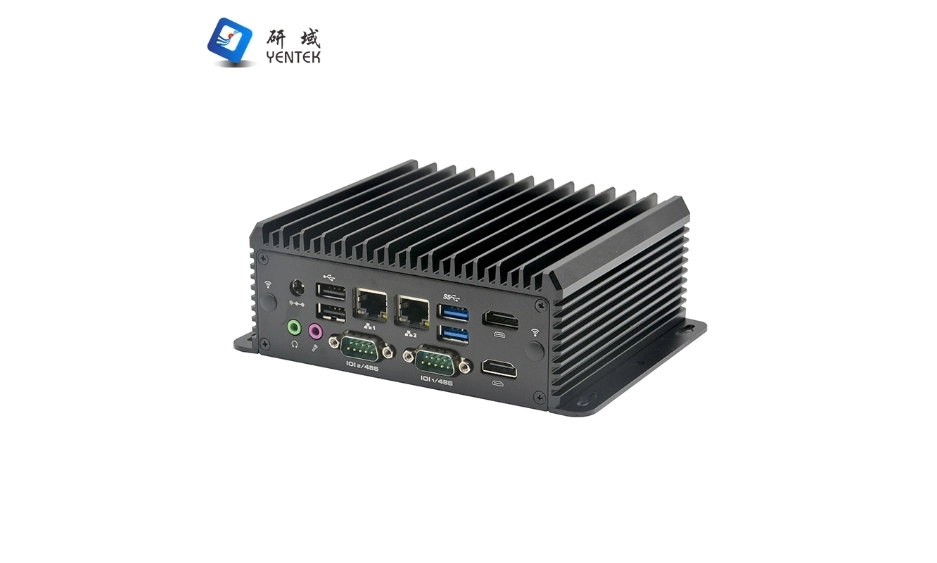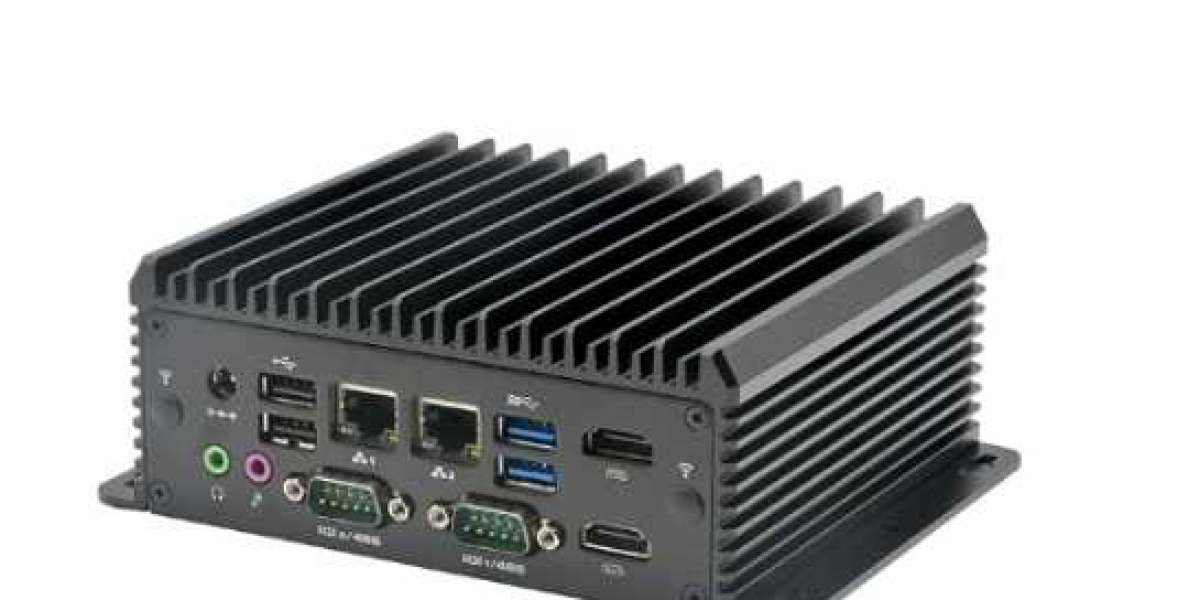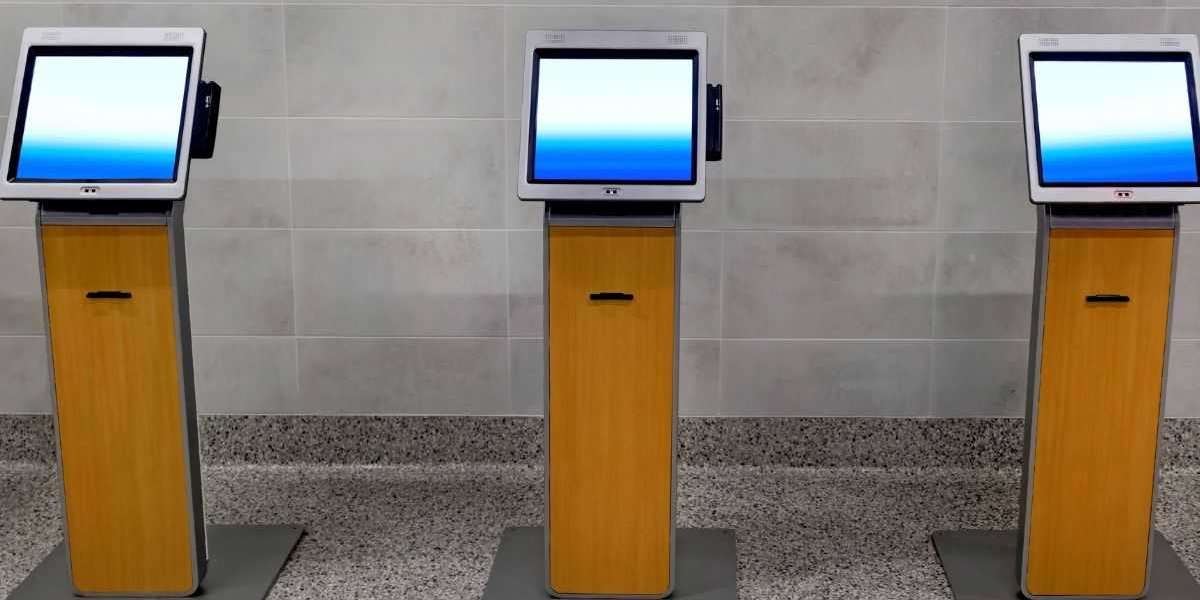Embedded computers play a pivotal role in the healthcare sector, particularly within medical devices. These specialized systems integrate hardware and software to perform dedicated tasks, enhancing the efficiency, accuracy, and reliability of medical technologies. Understanding the significance of embedded systems is crucial for both healthcare providers and patients.
What are Embedded Computers?
Embedded computers are designed to perform specific functions within larger systems. Unlike general-purpose computers, they are optimized for particular tasks, often operating in real-time environments with limited resources. In healthcare, embedded systems are integral to various medical devices, ranging from simple monitoring tools to complex diagnostic machines.

Key Characteristics of Embedded Systems
Real-Time Operation: Embedded systems must respond promptly to inputs, making them suitable for monitoring critical health parameters.
Reliability: These systems are built to operate continuously without failure, which is essential in medical applications.
Integration with Sensors: They often include sensors that collect data on vital signs such as heart rate and temperature.

Applications of Embedded Computers in Healthcare
Embedded computers are utilized across a wide array of medical devices, each serving unique functions that contribute to patient care and treatment.
1. Monitoring Devices
Devices such as heart rate monitors and blood pressure cuffs rely on embedded systems to collect and analyze patient data in real time. These devices can transmit data wirelessly to healthcare providers, facilitating remote monitoring and timely interventions.
2. Diagnostic Equipment
Imaging systems like MRI and CT scanners utilize embedded technology to process complex data sets rapidly. The integration of advanced algorithms allows for enhanced image quality and faster diagnosis.
3. Therapeutic Devices
Embedded systems are crucial in therapeutic devices such as insulin pumps and defibrillators. For instance, insulin pumps use embedded technology to deliver precise doses of insulin based on real-time glucose monitoring, significantly improving diabetes management.
4. Wearable Health Monitors
Wearable devices like fitness trackers incorporate embedded systems to monitor various health metrics continuously. These devices empower users by providing insights into their health patterns and encouraging proactive health management.

The Role of IoT in Embedded Medical Devices
The integration of the Internet of Things (IoT) with embedded systems has transformed healthcare delivery. IoT-enabled medical devices can connect to the internet, allowing for remote monitoring and data analysis.
1. Benefits of IoT Integration
Remote Patient Monitoring: Healthcare providers can track patient health from afar, reducing the need for frequent hospital visits.
Data Analytics: IoT devices collect vast amounts of data that can be analyzed for trends, improving treatment plans and outcomes.
Enhanced Communication: These devices facilitate better communication between patients and healthcare providers through timely alerts and notifications regarding health status.
2. Regulatory Considerations
Given the critical nature of healthcare applications, embedded systems in medical devices must adhere to stringent regulatory standards to ensure safety and efficacy. Compliance with standards such as IEC 60601 is essential for manufacturers to guarantee that their products meet necessary safety requirements.
3. Importance of Compliance
Patient Safety: Regulatory compliance ensures that medical devices function reliably without posing risks to patients.
Market Acceptance: Adhering to established standards is crucial for gaining approval from regulatory bodies and achieving market access.

Conclusion
Embedded computers are revolutionizing the healthcare landscape by enhancing the functionality of medical devices across various applications. Their ability to provide real-time monitoring, improve diagnostic accuracy, and facilitate remote care makes them indispensable tools in modern medicine.
Securing Industrial Networks: The Importance of Embedded Computers







